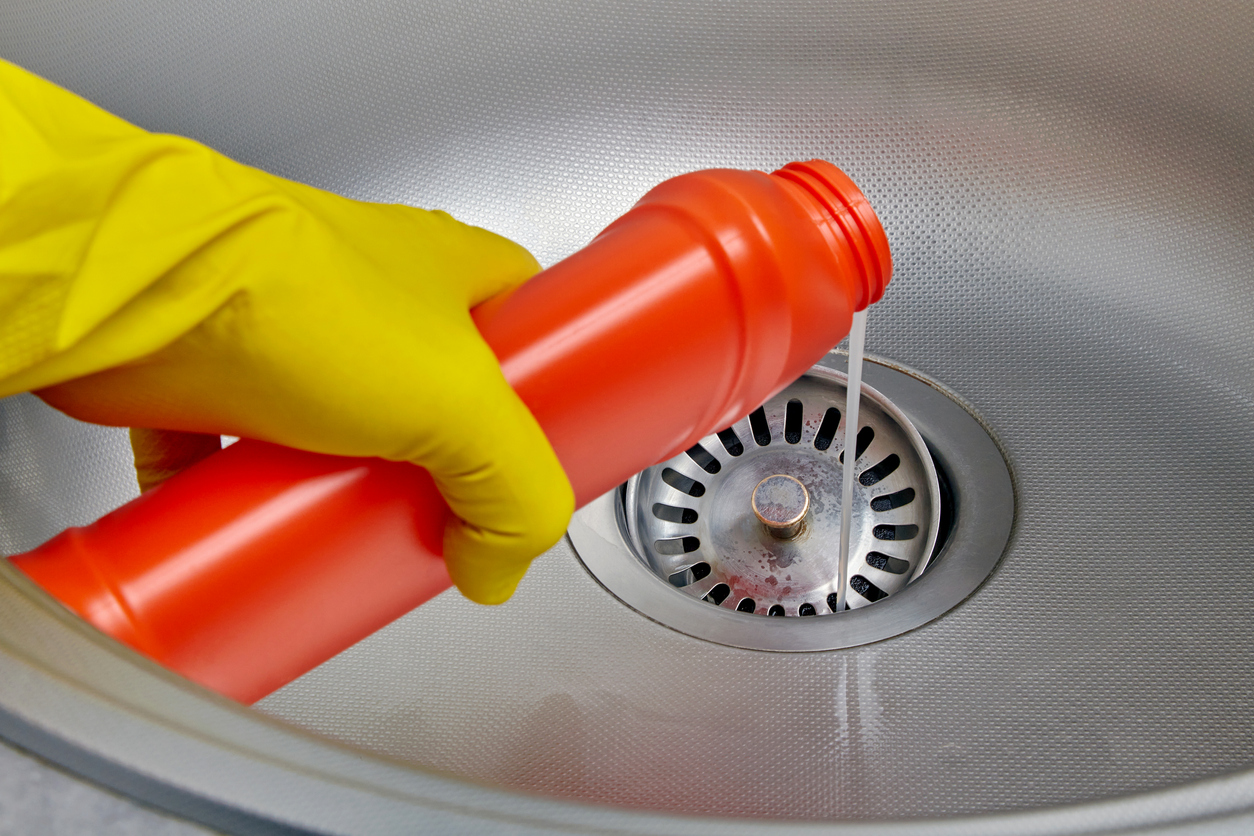A clogged kitchen sink can be a homeowner’s nightmare. It’s inconvenient and messy, leading to more significant plumbing issues if not addressed promptly. Fortunately, understanding how to prevent clogged kitchen sinks can save you from the hassle and expense of dealing with blockages. This blog offers simple, practical tips to keep your kitchen sink flowing smoothly.
The Importance of Preventing Kitchen Sink Clogs
Clogs often result from food scraps, grease, and other debris accumulating in your pipes. These blockages can cause slow drainage, unpleasant odors, and even water damage if the clog leads to overflowing. Knowing how to prevent kitchen sink from clogging is essential for maintaining a clean and functional kitchen. Implementing preventative measures saves you money on repairs and extends the life of your plumbing system.
Practical Tips for Preventing Clogged Kitchen Sinks
Use a Sink Strainer
A sink strainer is a simple and inexpensive tool that can significantly reduce the chances of clogs. Place a strainer over your drain to catch food particles, hair, and other debris. Empty it regularly to ensure it remains effective. This straightforward step is crucial to understanding how to prevent clogged kitchen sinks.
Dispose of Grease Properly
Pouring grease down the drain is a common mistake that leads to clogs. Grease solidifies as it cools, creating a sticky buildup that traps other debris. Instead of pouring grease down the sink, let it cool and harden, then dispose of it in the trash. This method is a vital part of how to prevent kitchen sinks from clogging.
Run Hot Water
After each use, run hot water down your sink for a few minutes. Hot water helps dissolve any grease or soap scum that may have made its way into the pipes. This prevents it from solidifying and causing blockages. This simple habit can significantly reduce the likelihood of clogs.
Avoid Harsh Chemical Drain Cleaners
While it may be tempting to use chemical drain cleaners to clear a blockage, these products can damage your pipes over time. Instead, opt for natural solutions like baking soda and vinegar. Pour a cup of baking soda followed by a cup of vinegar down the drain, then flush with hot water. This mixture can help break down buildup without harming your plumbing.
Be Mindful of What Goes Down the Drain
Certain items should always stay on your kitchen sink. Avoid disposing of coffee grounds, eggshells, pasta, rice, and fibrous vegetables like celery and potato peels in the sink. These items can expand and stick together, leading to clogs. Being cautious about what you put down the drain is a fundamental step in learning how to prevent clogged kitchen sink.
Learn More: Causes and Solutions for Outdoor Drain Clogs

Regular Maintenance
Regular maintenance is key to prevent clogged kitchen sinks. Here are a few maintenance tips to keep in mind:
Clean the P-Trap: The P-trap is the curved pipe under your sink that traps debris. Cleaning it periodically can prevent buildup that leads to clogs.
Flush with Hot Water and Dish Soap: Occasionally flush your sink with hot water mixed with a few drops of dish soap. This practice helps remove grease and other residues.
Check for Leaks: Regularly inspect your pipes for any signs of leaks or damage. Early detection can prevent more serious plumbing issues.
Wrap-Up: Keep Your Kitchen Sink Flowing Freely
Keeping your kitchen sink free from clogs doesn’t have to be a daunting task. By following these easy tips, you can ensure your plumbing remains in top condition and avoid the inconvenience of a blocked drain. Understanding how to prevent clogged kitchen sink and implementing these measures can save you time, money, and frustration.
If you ever face a clog you can’t handle alone, don’t hesitate to contact us at Rapid Rooter. We’re here to help you with all your drain cleaning needs in Danbury, ensuring your kitchen sink stays clear and functional.

